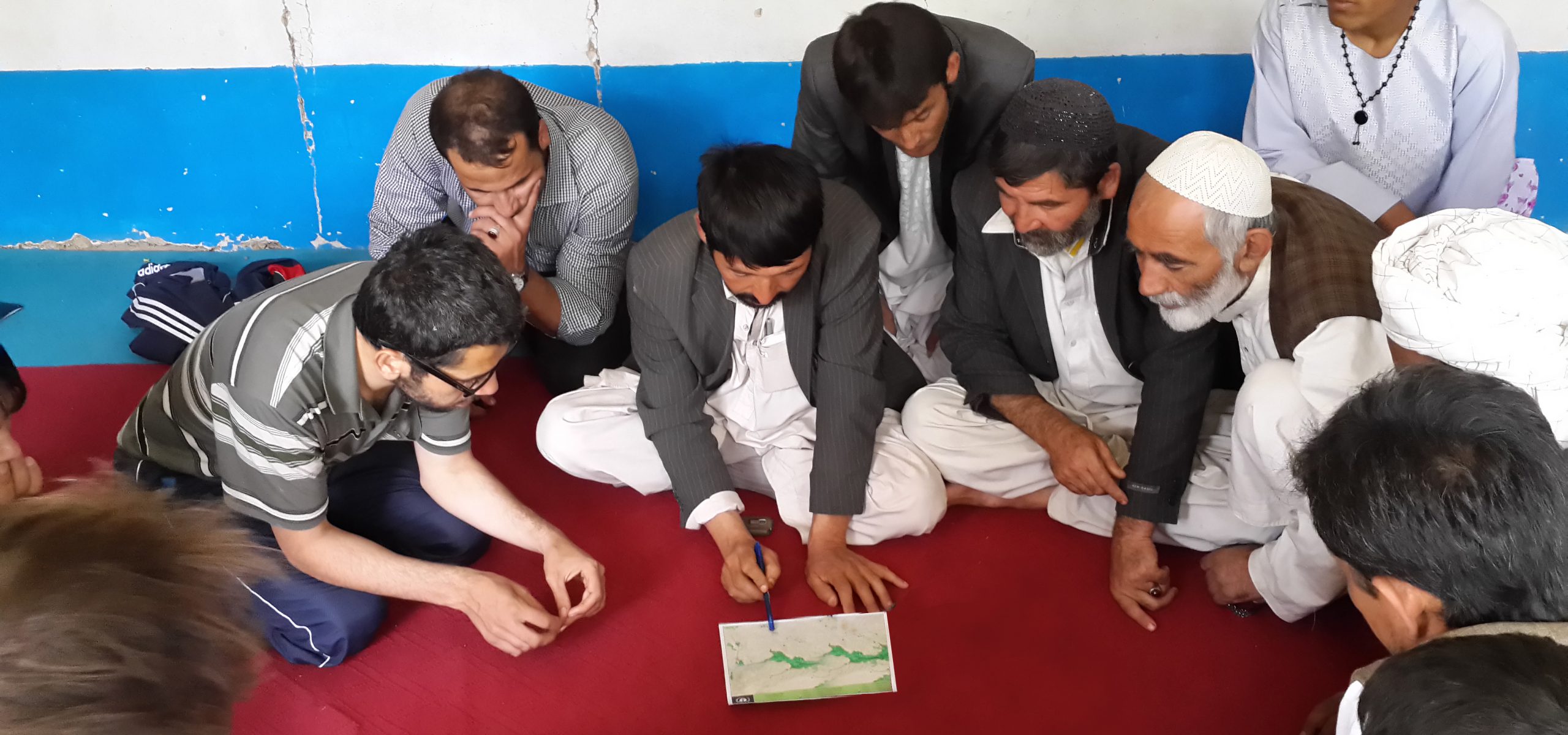Evaluation and Learning
Incorporating environmental considerations in humanitarian response evaluations and learnings

Incorporating environmental considerations in humanitarian response evaluations and learnings
Environmental considerations tend to be absent from humanitarian evaluations and lessons learned analyses due to the general lack of environmental considerations throughout response operations. It is difficult to evaluate or report on what has not been assessed and implemented. This has resulted in a lack of evidence base across the sector that could inform more environmentally sustainable programming in the future. Additionally, there is a general disincentive to report on the environmental impact of humanitarian interventions, as these tend to be more negative than positive1. However, in the context of a growing call for increased accountability, evaluating whether humanitarian assistance has had a negative impact on the host environment is crucial. Each organization will have its own tools and mechanisms for evaluating the effectiveness of response, and should include sustainability issues in these. At an international and inter-agency level, the Operational Peer Review and the Inter-agency humanitarian evaluation are used to independently assess whether humanitarian objectives for a specific response have been met.
Evaluations additionally provide the opportunity for good practices to be documented and shared. ‘Lessons learned’ workshops and post-emergency reviews should include environmental and sustainability considerations. Negative environmental impacts of response operations can not only reduce the acceptance of the response among the host population but also undermine humanitarian goals in the long term.
A situation analysis following a crisis typically looks at key crisis drivers, affected areas, the number and type of affected people, the ways in which people are affected, the most urgent needs and available capacities.
Assessing the environmental consequences of an emergency and prioritizing the response actions based on the needs, forms the foundation of a coherent, efficient and sustainable humanitarian response.
Environment is included into response plans in order to improve programme quality and accountability to disaster-affected people.
Environmental mainstreaming is dependent on successful resource mobilization, where environmental concerns must be integrated in funding proposals in order to secure funding.
Successful integration of environment into the implementation of humanitarian response requires that environment be included into preparedness and planning phases, but also effective coordination with national actors.




